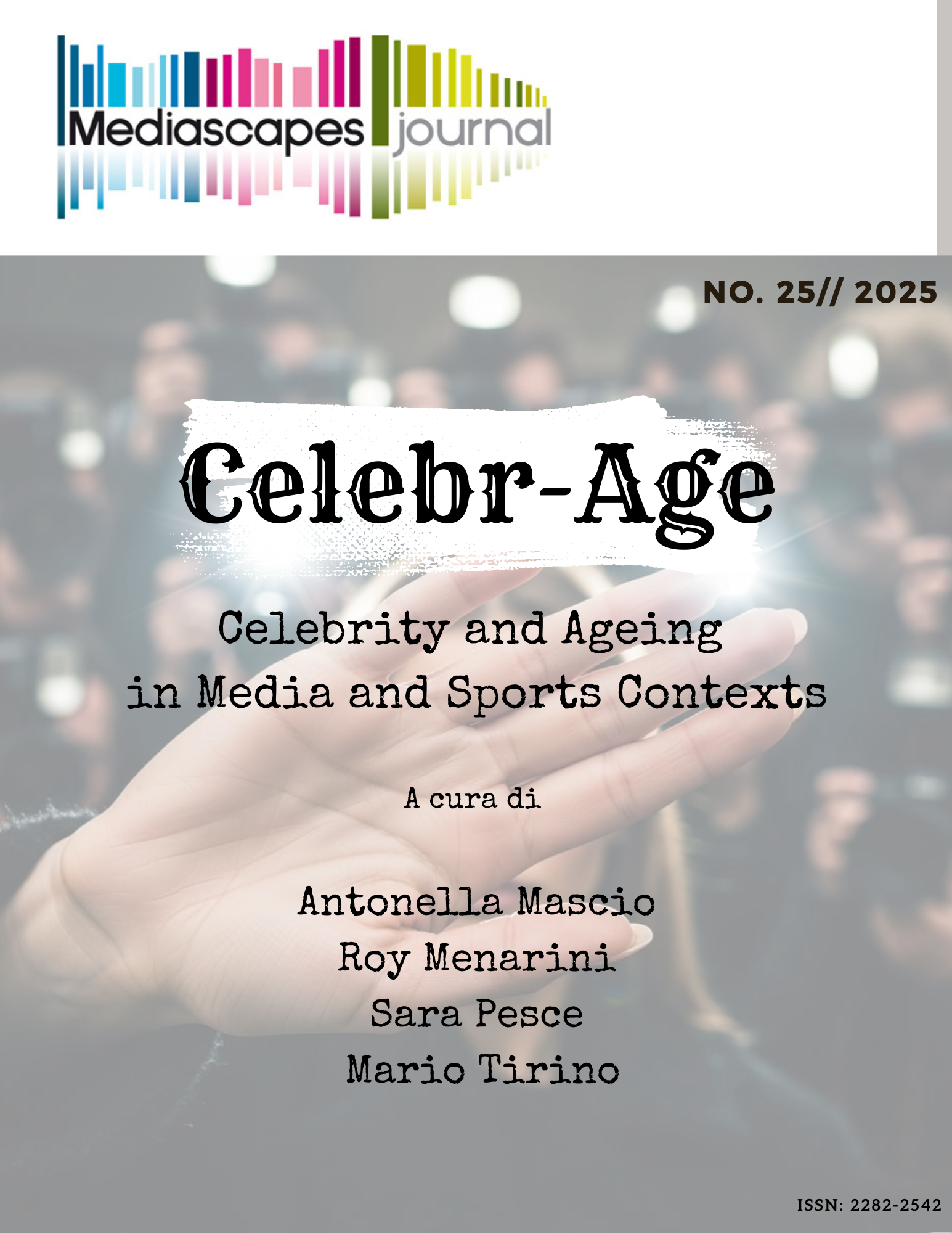“To be Queer, To be in Dating Apps, To be Queer in Dating Apps”
Biographical Queerness and the Creation of Safety Strategies in Online Dating behind Stigma and Fears of Italian LGBTQ+ Young Adults
Parole chiave:
online dating, dating apps, queer young adults, safety strategiesAbstract
This study examines the experiences of Italian LGBTQ+ (Lesbian, Gay, Bisexual, Transgender, and/or Queer) young adults (aged 19-35) navigating safety in online dating apps in the context of growing sociocultural challenges. Situating itself in the study of digital intimacies, the research explores how platform affordances, societal norms, and individual identity journeys shape digital dating safety practices and their perceptions among LGBTQ+ users. Drawing on eight focus groups with 39 people, in this article we employ thematic analysis to uncover users' experiences of risks, fears, and strategies for navigating safety on dating apps. These findings expand on Babcock et al.'s (2024) Safety Spectrum Theory Model by introducing the concept of "Biographical Queerness," which captures the dynamic and evolving relationship between LGBTQ+ users' identities, their digital practices, and the idea of modality spectrum between offline and online safety practices. The findings reveal that Italian LGBTQ+ young adults frequently face risks such as harassment, fetishisation, unsolicited explicit content, and the fear of being outed in both digital and physical spaces, based on their gender (identity and perception), and sexual orientation.. These risks are compounded by Italy's current sociocultural climate, which often stigmatises LGBTQ+ identities, making digital visibility a precarious endeavour. To mitigate risks, participants report employing a range of safety strategies spanning in-app, multi-app, and offline practices. Users’ approaches in the apps to safety are shaped by what we describe as their Biographical Queerness, which reflects their evolving gender and sexual identities and their sociocultural and biographical contexts. These strategies intersect with the Safety Spectrum Theory's (Babcock et al., 2024) categories of strict, fluid, and relaxed safety protocols, demonstrating how users adapt their behaviours based on perceived risks and contextual factors. By examining the interplay between LGBTQ+ identities, digital practices, and cultural contexts, this study nuances understanding of safety negotiation in digital dating spaces for LGBTQ+ users in Italy. This paper seeks to highlight the significance of identity-specific risks, platform affordances, and the sociocultural landscape shaping LGBTQ+ digital intimacy and safety practices.
##submission.downloads##
Pubblicato
Come citare
Fascicolo
Sezione
Licenza

TQuesto lavoro è fornito con la licenza Creative Commons Attribuzione 4.0 Internazionale.
Gli autori che pubblicano su questa rivista accettano le seguenti condizioni:
- Gli autori mantengono i diritti sulla loro opera e cedono alla rivista il diritto di prima pubblicazione dell'opera, contemporaneamente licenziata sotto una Licenza Creative Commons - Attribuzione che permette ad altri di condividere l'opera indicando la paternità intellettuale e la prima pubblicazione su questa rivista.
- Gli autori possono aderire ad altri accordi di licenza non esclusiva per la distribuzione della versione dell'opera pubblicata (es. depositarla in un archivio istituzionale o pubblicarla in una monografia), a patto di indicare che la prima pubblicazione è avvenuta su questa rivista.
- Gli autori possono diffondere la loro opera online (es. in repository istituzionali o nel loro sito web) prima e durante il processo di submission, poiché può portare a scambi produttivi e aumentare le citazioni dell'opera pubblicata (Vedi The Effect of Open Access).


